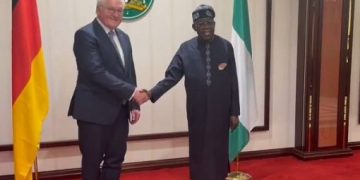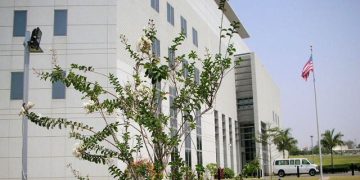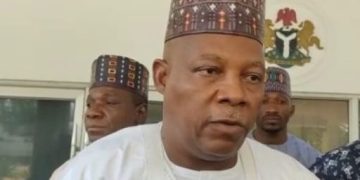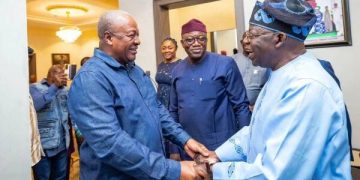The official exchange rate has been adjusted to N379 to the dollar by the Central Bank of Nigeria (CBN).
Before Saturday’s adjustment, the official exchange rate stood at N361 to the dollar for about five months, a development which has come as an advantage for stakeholders including the International Monetary Fund (IMF) and World Bank, who have been clamouring for a unified exchange rate for Nigeria.
This move by the CBN, reports say, was in line with the apex bank’s commitment to the IMF where the regulator assured that it would unify the exchange rate as part of the conditions for accessing $3.4 billion IMF loan in May.
Meant to assist Nigeria’s fight against COVID-19 and resolve urgent balance of payment needs, the loan came under the Rapid Financing Instrument (RFI).
Meanwhile, the Federal Government, In a letter to the IMF, assured that it would work towards “full exchange rate unification and greater exchange rate flexibility” to help preserve foreign exchange reserves and avoid economic downfall.
The new official exchange rate now displayed on the CBN website is closer to the N381/$ being traded on the secondary market intervention sales (SMIS) window.
The adjustment, with subdued oil revenues, would help boost funds available to the federation accounts allocation committee for disbursement to the three tiers of government.
READ ALSO: 2023 Presidency: I Will Not Support Northern Candidate – El-Rufai
The Naira, however, closed at N475 to dollar at the parallel market where a large part of the demand for dollars have shifted to.
The CBN had also devalued the currency in March, when it adjusted the official peg against the dollar to N360 from N307. However, CBN Governor, Godwin Emefiele, said at the time the move was “an adjustment of price and not a devaluation of the currency.”
Foreign investors, IMF and World Bank had long called for Nigeria to merge its multiple exchange rates, saying the absence of a single rate creates confusion and deters foreign investment.
The multilateral institutions insisted that with drop in foreign exchange reserves and decline in Nigeria’s dollar earnings over fall in crude oil prices, Nigeria had no option but to devalue its currency.
Analysts insist that with the new official rate for the Naira, the apex bank is finally bringing all the rates together.
















